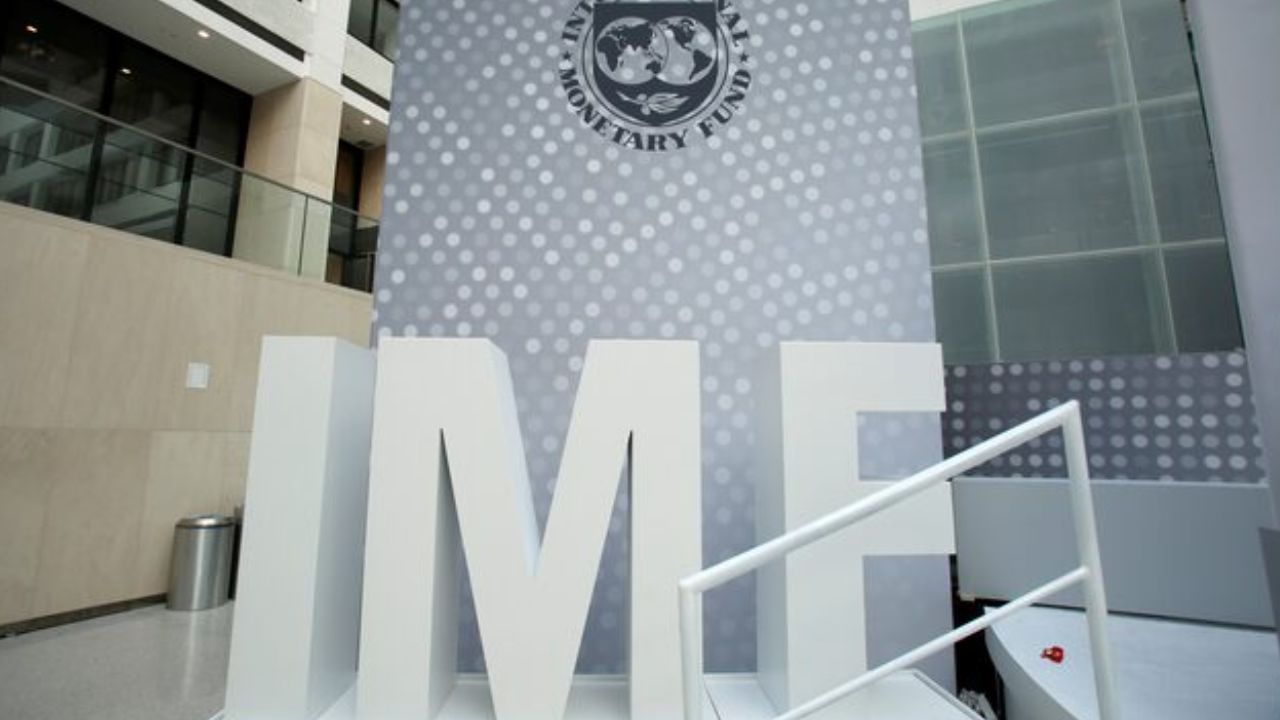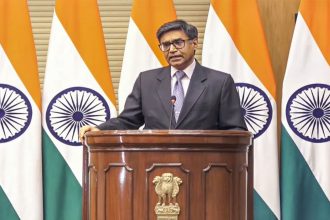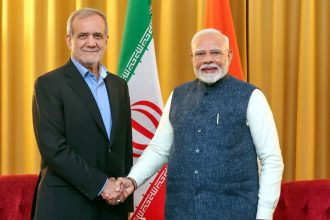
New Delhi: India on Friday abstained from a crucial vote at the International Monetary Fund (IMF), as the global lender approved a fresh disbursement of USD 1 billion to Pakistan under its Extended Fund Facility. The decision, which brings total disbursements under the arrangement to around USD 2.1 billion, has drawn sharp objections from New Delhi — objections it formally registered through abstention.
The IMF Executive Board, comprising 25 directors, concluded its first biannual review of Pakistan’s economic reform programme, unlocking additional funds and approving a parallel USD 1.4 billion under the Resilience and Sustainability Facility (RSF). These measures are aimed at bolstering macroeconomic sustainability and climate resilience in Pakistan.
However, India raised strong reservations over the decision, citing serious concerns over both the efficacy of the IMF’s continuous assistance to Pakistan and the potential misuse of funds.
Why India abstained and not opposed
Unlike the United Nations where each member holds one vote of equal weight, the IMF assigns voting power proportionally based on a country’s economic size. More importantly, the Fund’s rules do not allow for a formal “no” vote — directors may vote in favour or abstain, but cannot explicitly vote against a proposal.
India’s abstention served as a procedural mechanism to register firm dissent within these constraints. In doing so, New Delhi sent a clear message without violating IMF protocols.
India’s core objections
In its statement to the IMF Board, India outlined three primary objections:
Lack of reform despite repeated assistance: India pointed out that Pakistan has received IMF support in 28 of the past 35 years, including four programmes in just the last five years, yet without meaningful structural reform.
Military dominance and economic risks: India underscored the Pakistani military’s entrenched role in the nation’s economic affairs, arguing that this undermines transparency, civilian oversight, and prospects for sustainable reform. A 2021 UN report had described military-linked businesses as Pakistan’s largest conglomerate.
Terrorism and reputational risks: Citing the recent terrorist attack in Kashmir’s Pahalgam on April 22, which killed 26 people, India warned that fungible IMF funds risk being misused for financing state-sponsored cross-border terrorism. Such actions, India argued, expose global financial institutions to reputational damage and undermine international norms.
In a statement, India’s Ministry of Finance said, “Rewarding continued sponsorship of cross-border terrorism sends a dangerous message to the global community and makes a mockery of global values.”
IMF’s response
While India’s concerns resonated with several member countries, IMF officials stressed that their response was circumscribed by procedural and technical formalities. The Fund reiterated that its mandate is focused on macroeconomic stabilisation and reform rather than political considerations.










